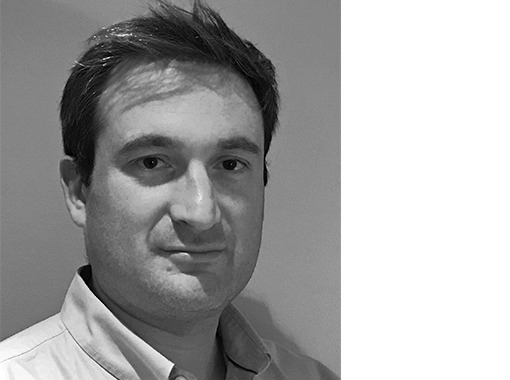Doctoral defence in Mechanical Engineering - Christophe Guy Lecomte

Aðalbygging
The Aula
The defence will be streamed live
Ph.D. student: Christophe Guy Lecomte
Dissertation title: Variable Stiffness Prosthetic Foot
Opponents:
Dr. Peter Adamczyk, Associate Professor at the University of Wisconsin, USA
Dr. Edward Lemaire, Professor at the University of Ottawa, Canada and President of the International Society for Prosthetics and Orthotics (ISPO).
Advisors:
Dr. Sigurður Brynjólfsson, Professor at the Faculty of Industrial Engineering, Mechanical Engineering and Computer Science, University of Iceland
Dr. Kristín Briem, Professor at the Faculty of Medicine University of Iceland.
Other members of the doctoral committee:
Dr. Kristleifur Kristjánsson, Executive Vice President of Research and Development, Össur hf.
Chair of Ceremony: Dr. Rúnar Unnþórsson, Professor and Head of the Faculty of Industrial Engineering, Mechanical Engineering and Computer Science, University of Iceland
The research was conducted in collaboration with Össur and the University of Iceland.
Abstract:
Prosthetic devices are intended to replace missing limbs. Although this statement is simple, the design, testing, and validation of these devices are considerably complex. A number of energy-storing-and-returning prosthetic feet are commercially available, and the recently developed bionic prosthesis aims to increase ankle push-off power or ankle joint compliance. The motivation for this thesis was to propose an alternative device design for a variable sagittal stiffness prosthetic foot. The device must retain the benefits of existing energy-storing-and-returning devices with the addition of stiffness modulation possibilities but with limited additional mass. The second objective of this thesis was to propose an advanced machine testing procedure capturing data that is usually collected during user trials in a gait lab. The data collection can reduce the necessity for user testing in the early phases of the design process.
Four different concepts in which stiffness modulation is mechanically tested were explored in this work. Non-Newtonian foam was used in the first prototype device; however, the concept was abandoned due to the intrinsic limitations in the stiffness change of the material relative to impact and speed. A discrete stiffness mechanism was then modeled, allowing a considerable change in the foot response with a quick user action. Finally, a cantilever beam with a movable support was preferred, leading to the design of two different devices. A final prosthetic foot design that enables wireless sagittal ankle stiffness modulation by the user or prosthetist is proposed. The variable stiffness ankle foot prosthesis was evaluated mechanically and on transtibial amputees. The device was subjected to advanced machine testing to contrast the results with those of biomechanical testing. The developed input curves for simulated incline and decline walking on the machine are promising. The machine and biomechanical ankle test results can be correlated.
This work is anticipated to encourage the development of devices prioritizing core yet clinically relevant functions as well as support biomechanical and mechanical engineers with a test method that can further advance the communication between these two engineering fields.
About the doctoral candidate
Christophe Lecomte is born February 19, 1979 and grew up in France. Christophe earned a master’s degree in mechanical engineering, specializing in CAD and simulation, from the French engineering college, l'Ecole Nationale d'Ingénieurs de Tarbes, in 2002. He has worked for the Icelandic medical device company, Össur, for nearly 20 years where he serves now as Director of Biomechanical Solutions in the research and development department. Christophe started the PhD program at the University of Iceland in 2015. He is married to teacher Heiða Lecomte Gröndal, and they have two children, Emily and Leo.
Christophe Guy Lecomte



